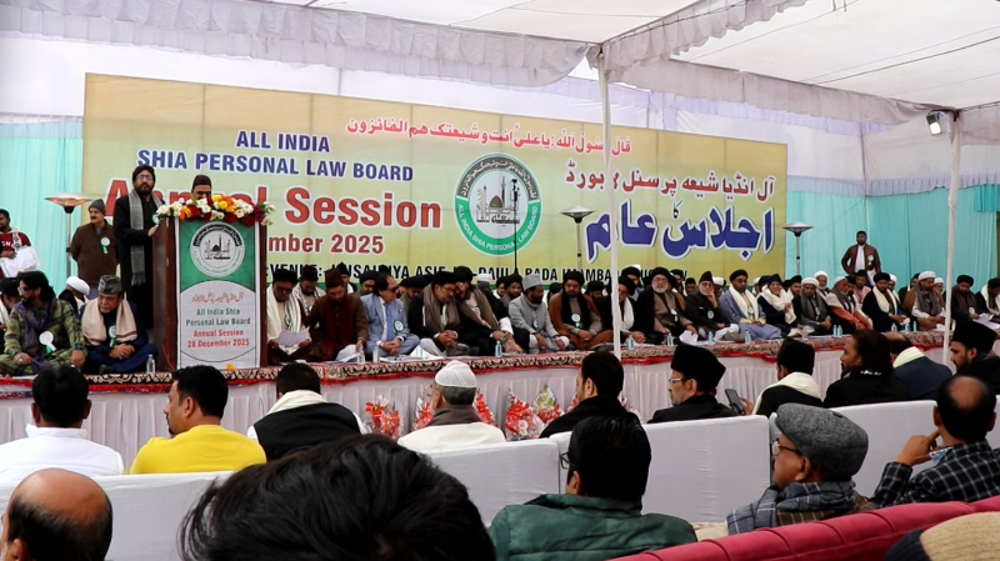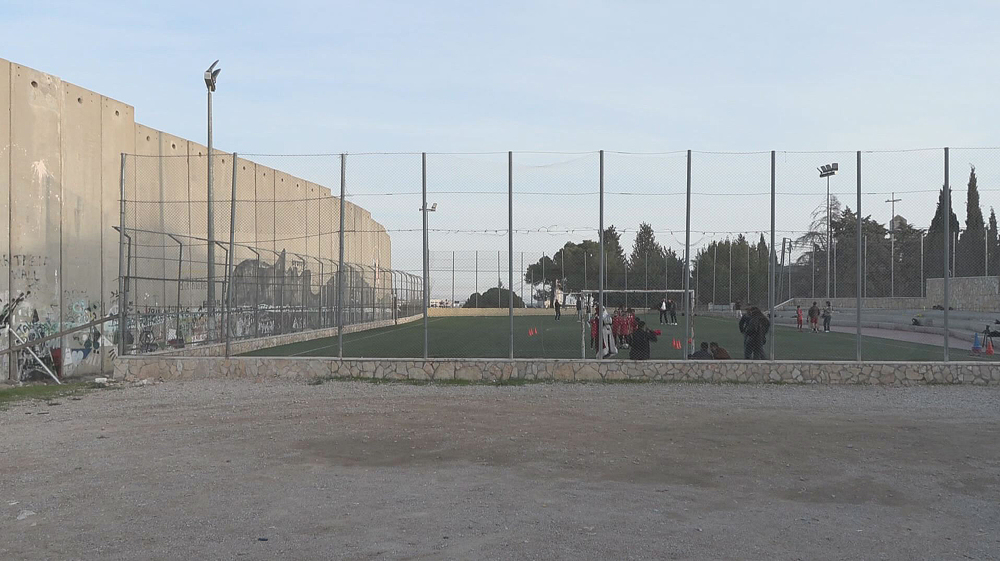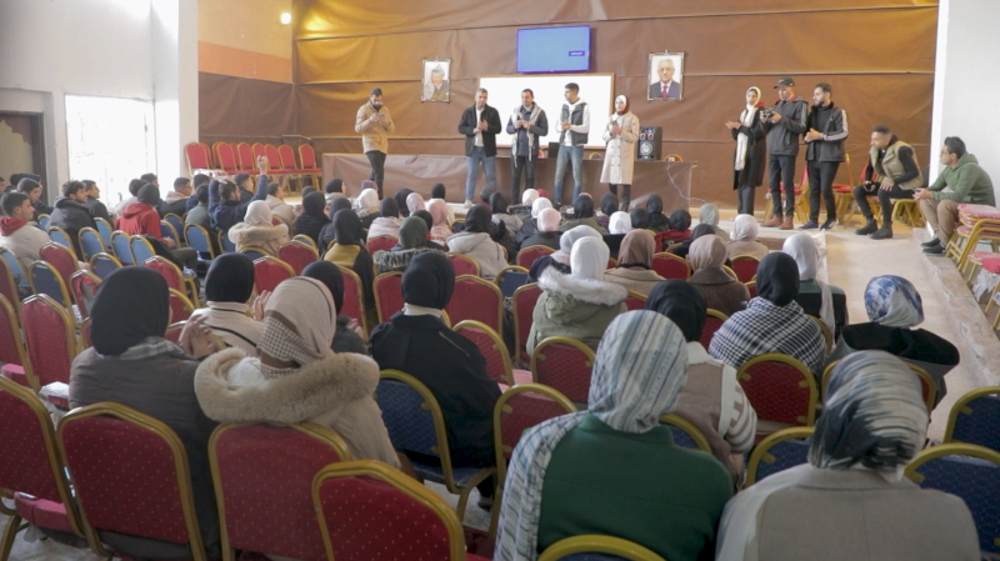How is life for fasting Afghans in holy month of Ramadan?
Amin Alemi
Press TV, Kabul
No one eats or drinks anything during the day. Restaurants and bakeries are all closed. This is not neither because of threats or the Covid-19 pandemic. What has created such an atmosphere across Afghanistan comes from a religious belief that prohibits Muslims from drinking and eating under the name of fasting.
Ramadan is the name for one of the holiest Islamic months and is the ninth months of the Islamic lunar calendar. The rising of the sun marks the beginning of fasting and Muslims are allowed to break it after sunset.
Now let’s see how Afghans break their fasts when the sun sets. The approval for every Muslim to break their fast is Azan-e-Maghreb or the call for the sunset prayer. That’s why almost all Muslims first do their sunset prayers before breaking their fast, which is called Iftar.
However, Iftar time is a specific time for Afghans as they traditionally and religiously get together at their homes or at restaurants. The gatherings are called Iftari.
There are special dishes and drinks in the Afghan food culture for Iftari.
Many here also see the fasting month of Ramadan as a time for boosting their family relations and social ties by inviting others for Iftari.
In the meantime, there are also poor people who are in urgent need of food and shelter during the holy month and Ramadan. Our religion teachings urge Muslims to support them as part of duties of a fasting Muslim.
Therefore, some individuals and charity groups set up food distribution programs for poor families during the holy month.
Iran reports boom in electronic check use
VIDEO | Press TV's news headlines
Over 10,000 people displaced in three days in Sudan: UN agency
Ben-Gvir pushes bill to restrict Muslim call to prayer across occupied Palestine
VIDEO | Muslim leaders convene in Lucknow to discuss community issues
Iran plans further satellite launches in February: Space chief
VIDEO | Bethlehem’s Aida refugee camp playground faces demolition threat
VIDEO | Gaza medical students defy Israeli occupation to resume education









 This makes it easy to access the Press TV website
This makes it easy to access the Press TV website